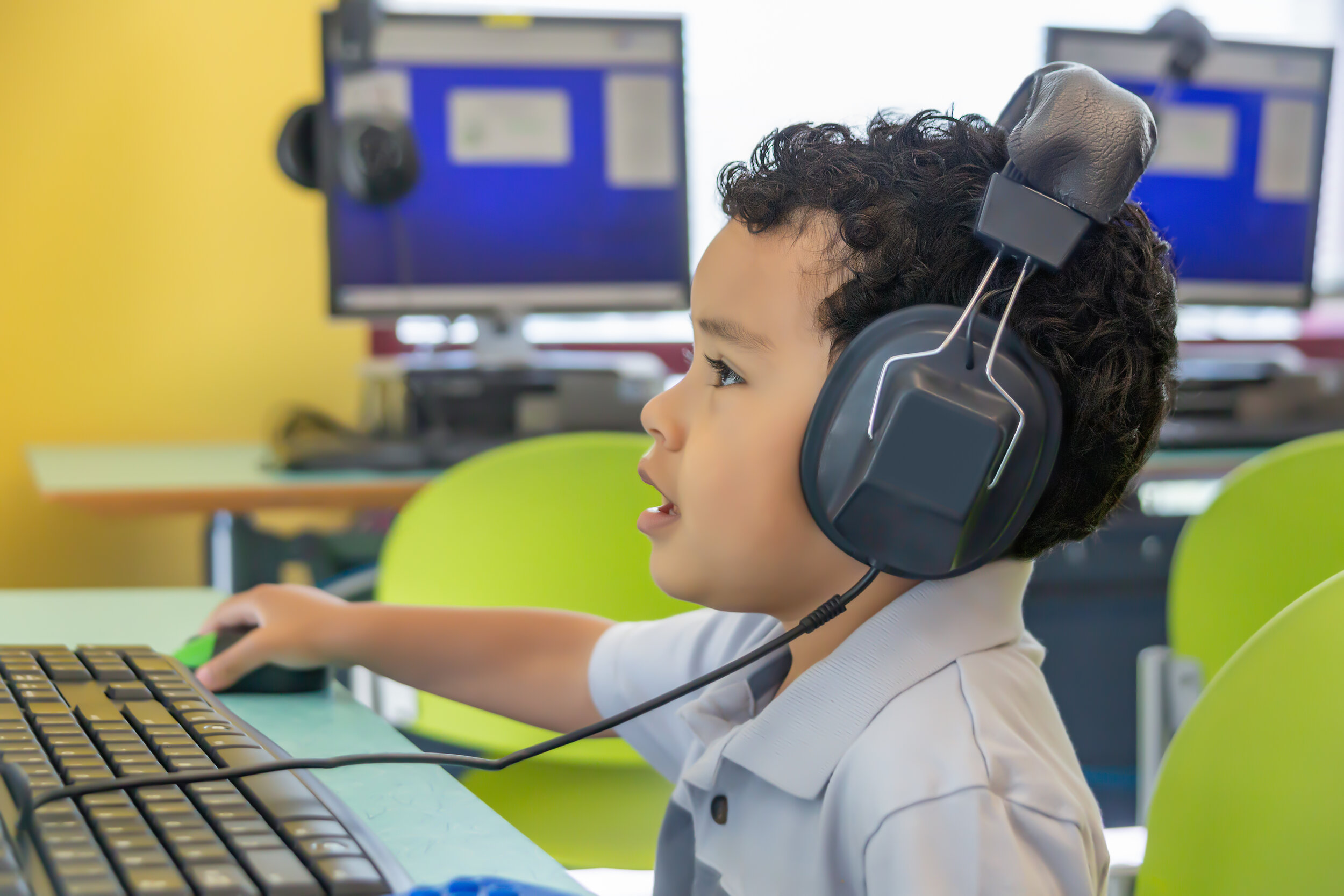We’re working together to strengthen and protect children’s legal rights.
As a statewide advocacy legal services support center, MAC’s Children’s Law Support Project (CLSP) maintains a Helpline by which it provides information, resources, and referrals to youth, parents, and professionals. CLSP also serves as a statewide “backup center,” providing support services to staff from the regional legal aid organizations and statewide programs. The backup ranges from technical assistance and trainings to collaborations on individual and systemic matters.
Who We Are
CLSP collaboratively addresses the otherwise untended legal needs of Massachusetts children from low-income families. Committee members represent diverse areas of practice affecting children including education, benefits (child care), homelessness, juvenile law, child welfare and family law (children affected by domestic violence and custody issues). An interdisciplinary approach assures flexibility and comprehensiveness in addressing children's issues. The CLSP advisory committee meets every other month (except during the summer) to share information, assure collaboration and provide mutual support.
CLSP Legal Services Child Welfare Working Group
This working group, led by the Massachusetts Law Reform Institute (MLRI) and the Children’s Law Center of Massachusetts (CLCM), and now part of CLSP, meets every other month to share and discuss responses to child welfare issues that come up in our cases, find ways to coordinate our work more closely, identify trends that can be addressed through policy advocacy, and work on group projects.
Membership Criteria
Members of CLSP are attorneys in the civil legal aid network (six regional offices) and statewide advocacy and backup programs.
To learn more about CLSP and how to join, contact Janine Solomon, MAC Managing Attorney and Senior Project Director:
Goals
Promote, coordinate and advocate for an inclusive and comprehensive children's legal agenda to address the interrelated needs of children
Provide technical assistance, training and resources to parents, attorneys, and other concerned professionals
Raise emerging legal issues within legal services and the private bar
Encourage collaboration among organizations and institutions to better serve children
Upcoming Meetings
CLSP meets every other month, except during the summer. Upcoming meetings are listed on the MassLegalServices online calendar:
Subcommittees
The Education Law Task Force (ELTF)
The ELTF is a statewide group of legal services and public interest attorneys and advocates that meets quarterly to address many of the education issues that face low-income children. Subcommittees of the ELTF include:
Chapter 222 Coalition
This coalition focuses on school discipline and the effects of zero tolerance policies and practices, particularly the continued disproportional rates of suspension for students based on race and ethnicity, special education status, and socioeconomic status.
Latinos & Special Education Coalition
This subgroup of the ELTF is a statewide group of special education attorneys and advocates that work primarily with Latinx families. The coalition meets bimonthly to discuss and address barriers impacting many Latinx children who have disabilities.
Legal Services Learning Community for Special Education Practitioners
The Learning Community of the ELTF is for attorneys in the civil legal aid network who practice in the area of special education law. This group provides a place to discuss cases, share ideas and resources, and offer substantive training.
Coalition to Defend Special Education
The Coalition to Defend Special Education grew out of the statewide mobilization led by MAC in the late 1990s-early 2000s to combat the legislative effort to erode parental and student special education rights under Chapter 766.
The Coalition has a membership of 400+ individuals, including private and public interest attorneys and advocates, and parents of children with disabilities. We provide quarterly trainings on such topics as bullying and cyberbullying of students with disabilities, information about the DESE Problem Resolution System, and inclusion of students with disabilities.











